As Rik wrote last week, this site turned 20 sometime this year. I’ve been meaning to write more to mark this anniversary, maybe contribute to the series of double-feature reviews, but nothing much materialised. 2021 has been a bit of a blur of work, parenting and to be quite frank, depression.
Sorry, that’s not very cheerful is it. I think finding time to write more would probably be some small help with that last problem. FFG is a source of stability, something that has existed pretty much my entire adult life. So let me see if I can at least come with a retrospective of my own.
Let’s cast our minds back to 2001. Windows XP was brand new and a lot of folks were still using win98. Your PC was probably still 90s beige, I know mine was. Monitors were still mostly CRTs. I think sometime around then I was upgrading from a Pentium III to an Athlon XP 1500 with a Geforce 3. (and it was still beige).
Some top games of that year were Max Payne, Age of Empires 2 and Black and White. If you wanted to talk about games to people on the internet you would sign up on a forum. If you wanted to broadcast your thoughts in a more formal manner then, well, you’d probably start a site like this one.
We launched with a mission to review old games, but we didn’t delve all the way back to the bleeping CGA 1980s. That’s an era we’ve always regarded as a bit primitive, where you’d be better off with a console or Amiga (and I say this as a guy gaming on PCs since 1986). Instead our initial area of interested was roughly 1990-1997. My first few forays into writing articles included Dark Forces and UFO Enemy Unknown. Rik started off with Wing Commander 4 and Puma World Football 98.
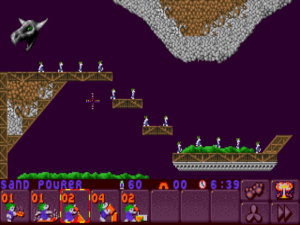
My early records are fragmentary but Lemmings 2 may have been the very first game I wrote about
I’m not sure we were exactly a “retro” gaming site. The word wasn’t bandied about as much as it is now anyway. Still, games up to the mid 90s certainly felt like a much older generation already, because the pace of technology was faster back then. I’m not sure what difference, for example, five years makes now. Slightly more realistic lighting on tree leaves? Back in those days it took us from the VGA mazes and blobby sprites of Doom to the cleverly scripted 3D world of Half Life.
That said, we were also quickly looking at stuff from the later end of the decade and even beyond. Deus Ex (2000), Wizardry 8 (2001) and Sin (1998) had all been covered by 2002. I maybe have been a slightly worse offender than Rik for looking at “only-just-old” games. Anyway I think the idea bouncing around my head was to look at just about anything you might want to play, between the standardisation of EGA and adlib sound up to just before the latest generation of games. Quite a wide remit already.
At that point we were also still clinging to the idea of objective reviews. We’d look at a game and see if it justified time spent on it versus its modern peers. In 2006 that was already a fairly pointless endeavour if looking at Wolfenstein 3D or a flight sim from 1992. From there it would become more pointless.
As the 2000s progressed there was sea change in our gaming habits brought about by digital distribution. It began with Steam, then gog followed. New games, but also old ones, could be beamed onto our computers with the wave of a credit card. It was fertile ground for finding more games to cover here.
Or at least it should have been. I was descending into a World of Warcraft addiction that gorged on my gaming time and severely limited my capacity to play (and write about) anything else. Well maybe not just that. I was also playing (and replaying) Bethesda timesinks. (note to self, just write about Fallout 3 and New Vegas, they’re old enough to fall within our scope now). Anyway though for whatever reasons, from this point on Rik was always the more prolific writer here.
The site went through a few technical iterations. Version 1 was static html. Version 2 was database driven and launched in 2005 after I bought myself a book on php and wrote my own cms. I was proud of it, but by the early 2010s it was already out of date. Readers couldn’t comment on reviews and the admin passwords were stored in a plain text file, for god’s sake.
At some point we began our blogging side, allowing for more free-roaming discussion outside of the review format. I facilitated that by bolting xanga onto my own code, and I guess that would be FFG v2.5. Then sometime I think in 2013 we decided we really needed to modernise the site fully, and shifted everything over to wordpress.
I’m not sure I deserve the “technical guy” hat anymore, I’ve not made time to properly learn how the guts of wordpress code work. I learned a few functions, made a few dreadful hacks, took a basic theme and turned it blue. A lot of it may as well still be witchcraft, or tiny ants carrying messages around tubes or something. On some level that bothers me. Still I suppose that’s a sign of how barriers to entry have lowered for making your own site. Knowledge of the witchcraft is no longer required, and simple tools mean anyone can have a go.
Anyway, back to games, which continued to evolve around us. First person shooters started to lean away from the reliance on scifi and fantasy, towards contemporary warfare. This lead to about three hundred Call of Duties for fans of cinematic action. I played the first one and…. that’s it so far. Meanwhile there was stuff like the bastard-hard Operation Flashpoint\Arma if you like tactical realism. Of if you’re me, you enjoy hiding behind a shrub and dying a lot.
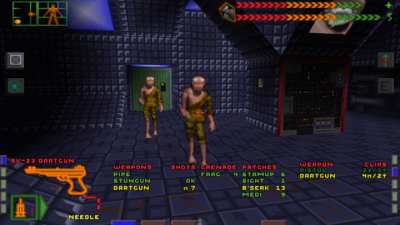
Being a fanboy of Looking Glass Studios, System Shock was inevitably another early addition to my list.
Meanwhile the traditional point and click adventure, once a core part of PC gaming, was on its last legs when we started. Once we had enjoyed endless Quests from Sierra, and numerous entertaining and inventive titles from Lucasarts. Now we all we were getting was the odd lesser known example like Rik’s personal favourite, Mystery of the Druids. Around the end of the 00’s though it enjoyed a bit of a revival, thanks to the indie scene.
This blew up in the late 00s as digital distribution allowed small developers to release games without needing support from publishers. The wave of creativity unleashed has brought us all kinds of inexpensive games that I might turn my attention to one day, such as a new wave of platform games. Indie adventures in particular, though, have become a special topic of interest here. Rik and Jo have looked at both retro-styled point and clickers, and narrative-driven first person adventures.
Some of our other favourite kinds of game also declined in popularity over the years. Realtime strategy seemed to be doing okay through the first half of the 2000s, with classics from Warcraft 3 to Company of Heroes. Then I disappeared (as is my wont) into a dark cave to play RPGs for a while. I emerged blinking in the light several winters later, wondered if I should catch up on the RTS genre, and realised it was all looking a bit quiet (then went back to my cave).
What have we had in the past decade? The instalments of Starcraft 2 ran from 2010 to 2015. There was… a Homeworld but not in space, released a few years back. Oh and Dawn of War 3 (I’ve not played it, DoW2 really was more a tactical RPG but let’s just assume this one counts). So that’s three. Evidence of life, but not exactly thriving. If I’ve missed anything important, write in and let me know. (I guess the Total War series is still going strong and, er, it has strategy and realtime bits. But to me that never felt like a descendant of RTS progenitor Dune 2).
Space-sims meanwhile, once soaring through the void blasting TIE fighters, were in already in a decaying orbit when we started. I don’t think I noticed the warning signs at the time: X-Wing and Wing Commander, two of the most important series of the genre, had already come to an end. Freespace 2 was critically acclaimed but a commercial flop. There were a few more entries of in the early 2000s like Bridge Commander, but by the end of teh decade all we had was the X series. Which was more like a behemoth economics sim that you operated from the cockpit of a spaceship.
So in recent years it’s been heartening to see a couple of high-profile sims emerge: Elite Dangerous brings the return of a series that started when I was a preschooler. No-Man’s Sky with its promise of endless exploration looks tempting. Oh and there was another X, but the prospect of spending evenings looking for supplies of power cells for my factories is frankly intimidating.
It’s easy at our age to focus on what’s lost, and hope that old favourites will return. Yet we should also be aware of the new growth and innovation. For example, entire categories of online multiplayer-based games have been appearing. We got Mobas, spun off from Warcraft 3, then later shooters started becoming battle royales. Okay I don’t care about those personally, but I did spend a lot of time with my future wife on Minecraft. That one brought about a new age of online, open world crafting extravaganzas. Never mind fighting orcs and slaying dragons for treasure, here we were trying to build a vegetable patch and dig for coal!
Actually, open worlds is a concept of particular interest to me. I’ve always had a fascination with abandoning your immediate missions, picking some interesting hill or castle in the distance, and just mooching over there to see what you find. Once the preserve of beardy RPGs, they seem to have proliferated into other genres. I’ve played the first Far Cry and Assassin’s Creed, and both catching up a bit on both series is on my rather over-burdened gaming to-do list.
I’m not trying to recount a comprehensive history of PC Gaming from 2000 to 2020 here. Merely the trends that I happen to have noticed and honestly all of the above could be woefully inaccurate (let me guess, Mobas are dead already). For a while I was more or less keeping up with gaming, at least the genres of interest to me. Or at least I’d play teh games of five years ago thanks to steam sales. Now I’m becoming increasingly clueless. The last modern game I bought was Fallout 4 and that was (checks google) good grief six years ago.
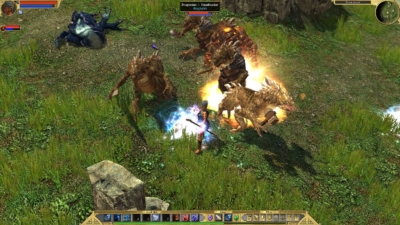
Apparently the most modern game I’ve reviewed so far is the rather uninspiring Titan Quest.
Gaming is a blur to me now, a tide of Apex Legends and Titanfalls, and Call of Duty Modern Black Ops 5. What’s the latest Assassin’s Creed anyway? I think it’s either set in the court of Kublai Khan, the story of an aztec warrior or you’re a milkman in the 1970s. Do let me know. Then there’s all the indie games, countless as the stars in the sky. I’ve basically stopped reading about modern games on sites like RPS and apart from few series of particular interest, focus on games we consider FFG-relevant.
Which is, basically, 1990-2010. We stray beyond that upper limit sometimes for indie games and it may move gradually as years pass if we work to “about ten years before the present day”. Otherwise, there’s plenty to keep me occupied within that criteria. I still want to tackle the Total War series sometime, platy yet more 90s shooters and maybe one day actually finish a Bioware RPG.
We’re keenly aware that the nature of this site is itself somewhat dated. These days people want to be youtube stars, or streamers, and I guess who can blame them? Why stick to musty old text when you can be a star of effectively your own do-it-yourself TV show, or broadcast your gaming to thousands of adoring fans. Or at least start a podcast to chat about games with your friends.
We are… deeply unlikely to go in that direction. I’d love to excuse us by saying we’re too old for that sort of thing but there’s a bunch of forty year old men on youtube eager to tell you about ZX Spectrum games. I guess we’re just too busy with our real lives to be dicking around learning how to put videos together – writing is something I can work on in evening in front of the tv after my daughter goes to bed. Also no-one will ever, ever want to go to Twitch to watch me be shit at games.
Besides, we just plain prefer our thoughts to manifest in the form of the written word. This site was heavily inspired by the gaming magazines we read as teens, particularly PC Zone and I think we’ll always carry something of that in our mission. So we’ll happily remain a bit of a relic of the early 2000s, even if it limits our audience. While I sometimes wish I’d done more to draw in a few readers, drumming up a huge following was never a priority for us anyway. I’m happy to have a small readership of PC gaming aficionados.
When we started, the idea of doing this for twenty years might have seemed a bit far fetched. Now I find myself thinking another twenty is entirely possible. I mean, you might be reading via your Google Brain Implant or holo-smartphone or whatever, but I intend to keep going as long as the web exists. Hosting costs are minor, there will always be enough games to occupy our time, and this place will be where we assess and contemplate them.
I’ll keep contributing whenever I get my act together and make some time instead of flopping in front of Netflix in the evening (to be fair the new He-Man was really excellent). My short term goals are get back to early-90s flight sims and play another space quest. Then I have a few RPGs to finish. Rik I’m sure will continue to be more prolific, his work including (but not limited to) the most extensive record of 90s football games you will ever encounter.
So to finish I’d like to say thank you all for visiting this humble site. We’re the smallest of minnows amongst all the big name sites, and gaming youtubers, and yet you’ve chosen to come here. We appreciate that, and we hope our reviews and articles continue to be worth your time.




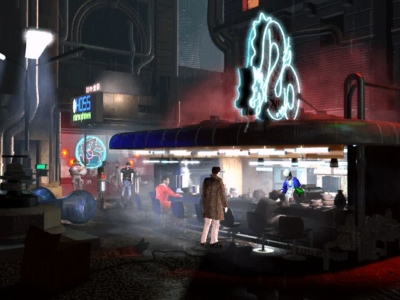
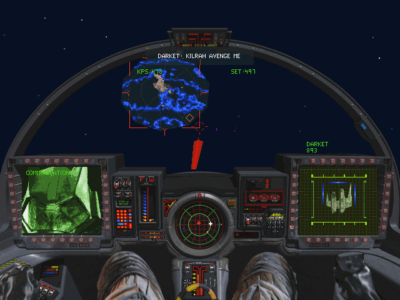
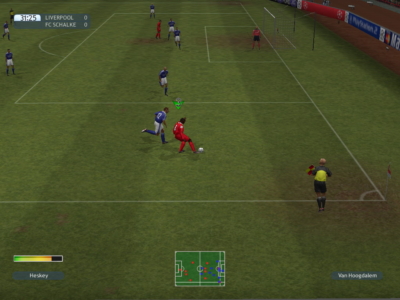
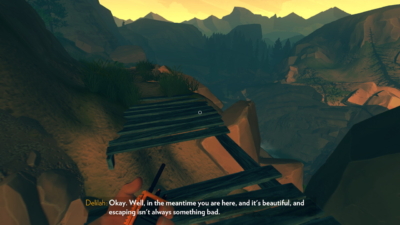
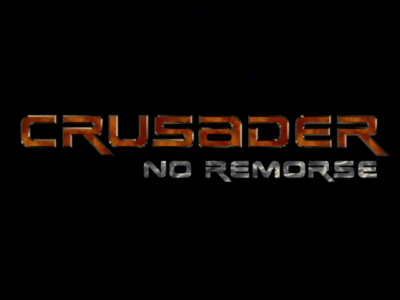
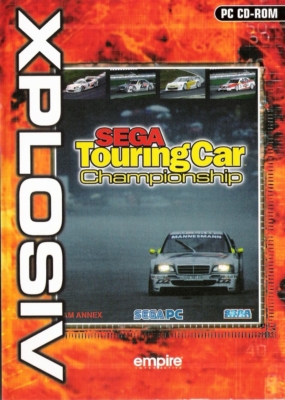

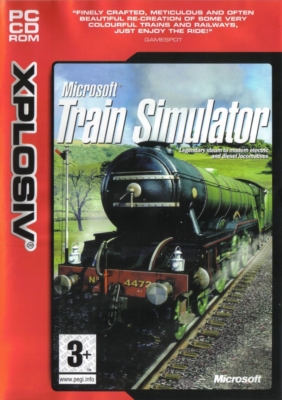
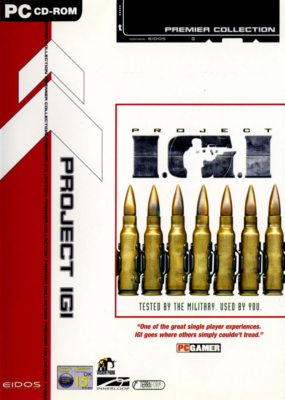
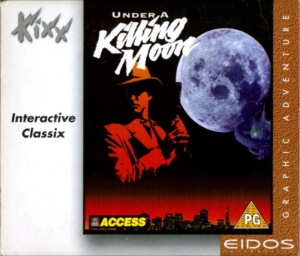
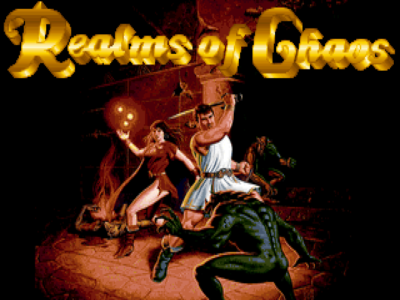
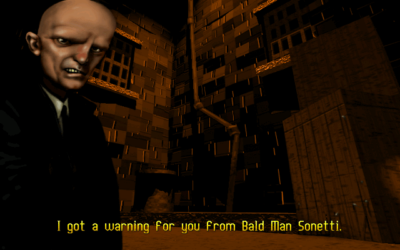
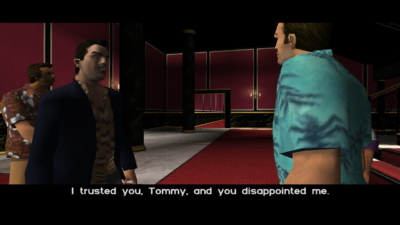
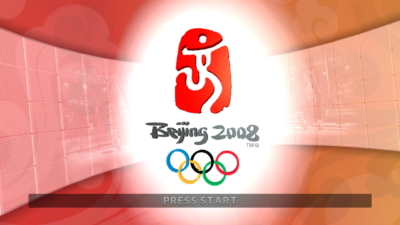

 Posts
Posts